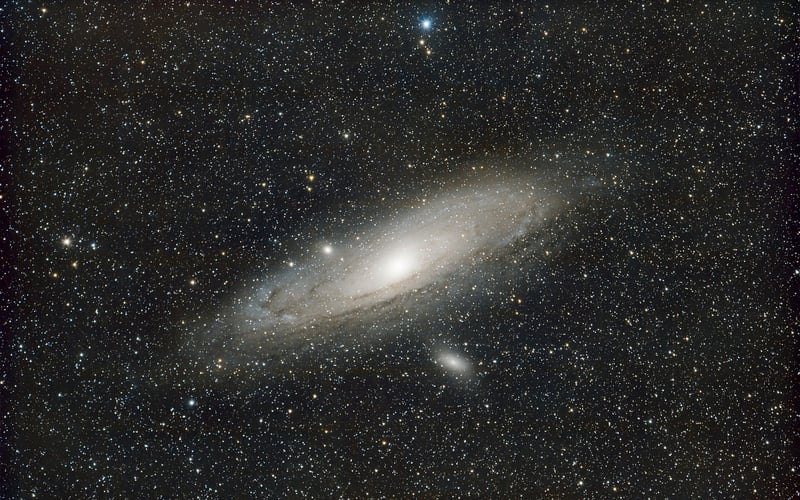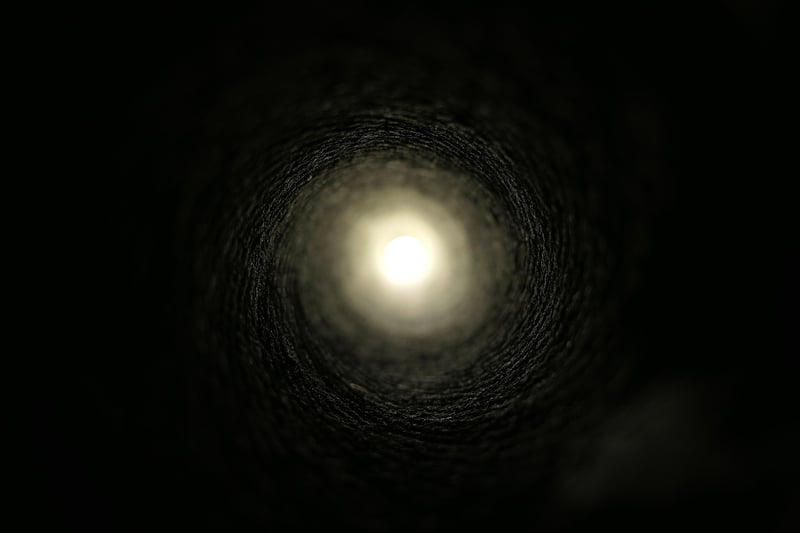Galactic Formation
Unravel Cosmic Mysteries and Galactic Formation
Space has always captivated human curiosity, offering a vast canvas of mysteries waiting to be unraveled. From the formation of galaxies to the enigmatic phenomena scattered across the cosmos, there is no shortage of wonders to explore. Let's delve into the cosmic mysteries and the formation of galaxies to better understand the intricate tapestry of the universe.
The Formation of Galaxies
Galaxies, the building blocks of the universe, are colossal systems containing stars, planets, gas, dust, and dark matter held together by gravity. These cosmic cities come in various shapes and sizes, each telling a unique story of its formation and evolution.
1. Spiral Galaxies
Spiral galaxies, characterized by their spiral arms extending from a central nucleus, are a common sight in the cosmos. The Milky Way, our home galaxy, is a prime example of a spiral galaxy. These galaxies are dynamic, with ongoing star formation in their spiral arms.

2. Elliptical Galaxies
Elliptical galaxies, unlike spirals, have a smooth and featureless appearance. They consist mainly of older stars and lack the gas and dust needed for new star formation. These galaxies are often found at the centers of galaxy clusters.

Cosmic Mysteries
As we gaze into the depths of space, we encounter phenomena that challenge our understanding of the universe. These cosmic mysteries fuel scientific inquiry and drive us to push the boundaries of knowledge.
1. Dark Matter and Dark Energy
Dark matter, an invisible substance that does not emit, absorb, or reflect light, comprises a significant portion of the universe's mass. Its gravitational effects can be observed through its influence on the motion of galaxies. Dark energy, on the other hand, is thought to be responsible for the accelerated expansion of the universe.

2. Black Holes
Black holes are regions in space where gravity is so intense that nothing, not even light, can escape their grasp. These cosmic behemoths form from the remnants of massive stars and have captivated scientists and astronomers for decades.

Exploring the formation of galaxies and unraveling cosmic mysteries not only expands our knowledge of the universe but also ignites our imagination and sense of wonder. The cosmos, with its beauty and complexity, continues to inspire generations of scientists and enthusiasts to seek answers to its enigmatic secrets.
